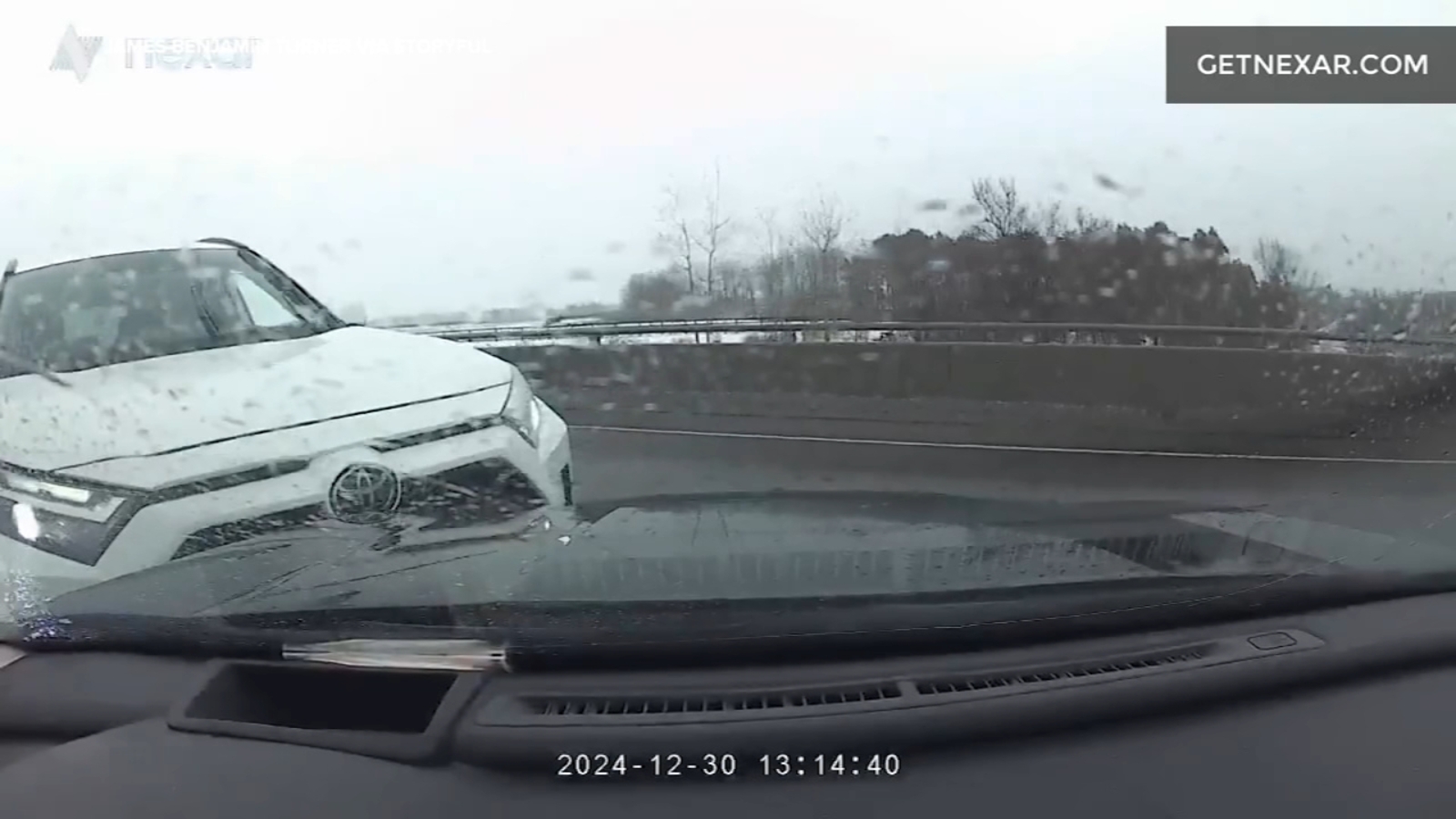On the day he finally conceded to the obvious, Justin Trudeau looked appropriately humbled. For maybe the first time, he looked older. And the affectation that often marked his public remarks seemed drained out of him.
“This country deserves a real choice in the next election and it has become clear to me that if I’m having to fight internal battles, I cannot be the best option in that election,” he said.
After months of slow-burning dissent and unease, “internal battles” had indeed made Trudeau’s position nearly untenable. In the wake of Chrystia Freeland’s bombshell, the Liberal Party’s Ontario, Quebec and Atlantic MPs — accounting for more than 80 per cent of Trudeau’s parliamentary caucus — had discussed matters and come to the conclusion that he needed to resign.
The only reason to wonder what Trudeau might do next was the fact that he hadn’t already conceded defeat at any point in …





![Trudeau removes himself from the equation, but the math doesn’t get much easier [Video]](https://canadanewsvideo.com/wp-content/uploads/2025/01/mp_708794_0_trudeau20250106JPG.jpg)





![Wazo Furniture customers seek answers, refunds for unfilled orders [Video]](https://canadanewsvideo.com/wp-content/uploads/2025/01/mp_707248_0_wazofurniture171645821735950413233jpg.jpg)
![Second aircraft emergency in a week in Halifax [Video]](https://canadanewsvideo.com/wp-content/uploads/2025/01/mp_707467_0_airplane135290761628122802786jpg.jpg)
![South Keys businesses and residents excited for new Ottawa LRT line [Video]](https://canadanewsvideo.com/wp-content/uploads/2025/01/mp_707335_0_gonuts171650741736022685797jpg.jpg)
